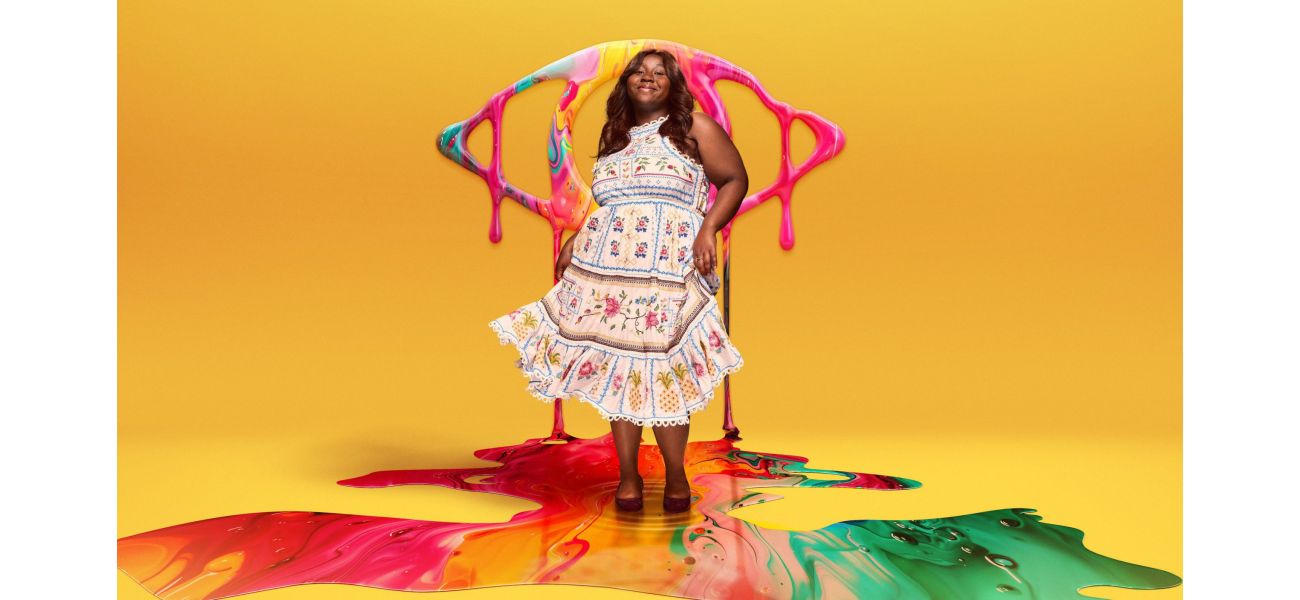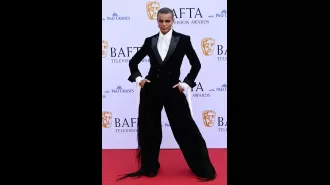British TV show Big Brother challenges the notion that the UK doesn't have a race problem.
Daze's removal from the competition prompts us to confront our own prejudices towards Black participants and society's inherent biases.
October 21st 2024.

The recent eviction of Daze Aghaji from the popular reality show Big Brother has sparked a larger conversation about race in British society. Daze, a 24-year-old Black woman with Nigerian heritage, was seen as a calm and composed presence in the house, avoiding the conflicts and drama that landed other contestants in hot water.
However, amidst a tense week in the house, Daze found herself among the nominees for eviction, alongside other housemates with strong political views. Despite not being involved in any major arguments or controversies, Daze was ultimately the one sent home.
This is not an isolated incident in the show's 24-year history. In fact, no Black woman has ever won Big Brother. Last year, Trish Balusa, originally from the Democratic Republic of Congo, was quickly labeled as a troublemaker despite her relatively mild confrontations compared to non-Black housemates.
This pattern is reflective of larger issues of racial bias and discrimination in society. Black employees face higher standards and stereotypes in the workplace, Black children are more likely to face discipline in schools, and Black patients often receive lesser healthcare. For Black women, these challenges are compounded by the intersection of race and gender, leading to exclusion from decision-making processes and leadership roles.
Daze's eviction, while seemingly trivial in the context of a reality show, sheds light on the pervasive issue of unconscious racial bias in our society. It's not just in entertainment, but also in our daily lives, from employment opportunities to policing. The fact that Daze's eviction was a popular decision among viewers raises uncomfortable questions about our own biases and perceptions of Black contestants.
We often think of the UK as a progressive and multicultural nation, but incidents like this remind us that there is still a long way to go in addressing racial discrimination. It's easy to dismiss Big Brother as just a game, but it serves as a reflection of our society and forces us to confront our own biases.
In the end, Daze's eviction raises the important question: are we okay with this? And the answer must be no. It's time for us to have honest conversations and actively work towards creating a more inclusive and equitable society for all.
However, amidst a tense week in the house, Daze found herself among the nominees for eviction, alongside other housemates with strong political views. Despite not being involved in any major arguments or controversies, Daze was ultimately the one sent home.
This is not an isolated incident in the show's 24-year history. In fact, no Black woman has ever won Big Brother. Last year, Trish Balusa, originally from the Democratic Republic of Congo, was quickly labeled as a troublemaker despite her relatively mild confrontations compared to non-Black housemates.
This pattern is reflective of larger issues of racial bias and discrimination in society. Black employees face higher standards and stereotypes in the workplace, Black children are more likely to face discipline in schools, and Black patients often receive lesser healthcare. For Black women, these challenges are compounded by the intersection of race and gender, leading to exclusion from decision-making processes and leadership roles.
Daze's eviction, while seemingly trivial in the context of a reality show, sheds light on the pervasive issue of unconscious racial bias in our society. It's not just in entertainment, but also in our daily lives, from employment opportunities to policing. The fact that Daze's eviction was a popular decision among viewers raises uncomfortable questions about our own biases and perceptions of Black contestants.
We often think of the UK as a progressive and multicultural nation, but incidents like this remind us that there is still a long way to go in addressing racial discrimination. It's easy to dismiss Big Brother as just a game, but it serves as a reflection of our society and forces us to confront our own biases.
In the end, Daze's eviction raises the important question: are we okay with this? And the answer must be no. It's time for us to have honest conversations and actively work towards creating a more inclusive and equitable society for all.
[This article has been trending online recently and has been generated with AI. Your feed is customized.]
[Generative AI is experimental.]
0
0
Submit Comment





